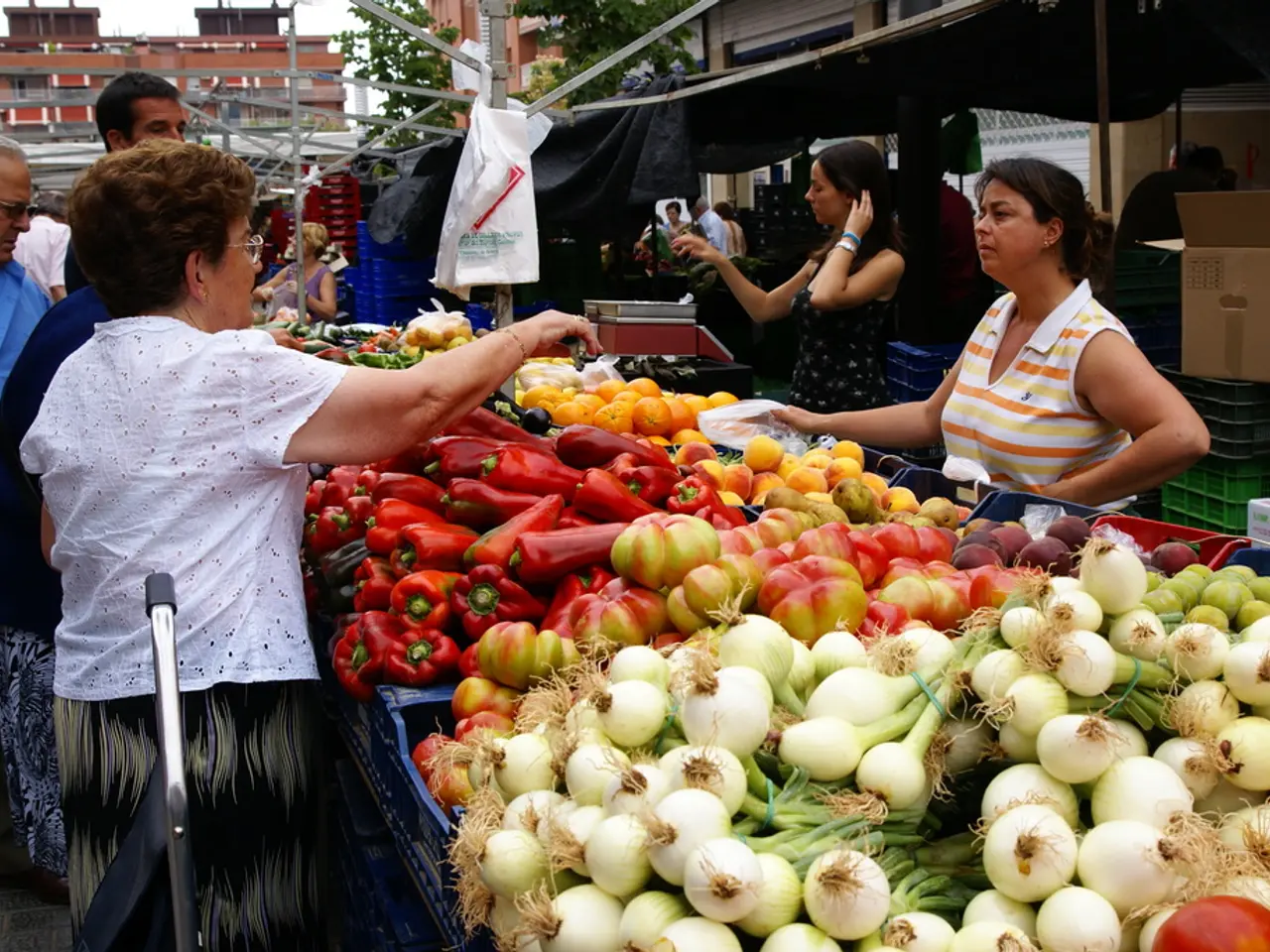International Plastic Accords: Germany Pushes for Consensus
The latest round of negotiations for a global plastics treaty, held at the United Nations in Geneva from August 5-14, 2025, concluded without a final agreement being reached. The negotiations aimed to finalise a legally binding international treaty to address plastic pollution throughout the entire lifecycle of plastics, but the discussions failed to produce stricter enforceable rules to curb plastic production and pollution [1][3][4].
Germany, a key player in these negotiations, advocated for production limits as a crucial measure to reduce plastic pollution. However, consensus on such measures could not be reached among the 179 participating countries [4][1]. The talks involved wide participation, with over 1,900 participants from governments, observer organisations, scientists, and industry representatives [2].
The failure to agree on production limits represents a significant setback, given the urgent need to address the growing quantity of plastic waste and its environmental and health impacts. Over 460 million tons of plastic are produced annually, with toxic effects documented throughout plastic's lifecycle, affecting human health and causing substantial economic losses, estimated at over $1.5 trillion annually [2][1].
The negotiations remain critical, as plastic waste is expected to reach 1.7 billion metric tons by 2060, with associated costs estimated at $281 trillion if unchecked [1]. The stalemate underscores the complexity of reconciling diverse national interests in regulating plastic production and pollution, but it also highlights the global momentum towards addressing the crisis [1][4].
Flasbarth, a representative from Germany, emphasised the importance of having everyone on board who is relevant, and that they aim for a unanimous result in the negotiations [1]. Germany and the European Union are acting as driving forces for an ambitious agreement in the global negotiations against plastic waste. A first draft of the agreement is expected later today [1].
The EU proposes to involve the manufacturers of plastic products in the costs of implementing measures, and they also suggest allowing majority decisions instead of unanimity for certain decisions in the agreement [1]. The EU's proposal includes financing the costs of implementing measures in the agreement through the involvement of plastic product manufacturers [1].
Despite the setback, both Germany and the EU remain committed to reaching a conclusion in Geneva. Germany, as part of the EU, is very ready and very interested in reaching a conclusion in Geneva [1]. The talks will resume at a future session, aiming to forge a binding international agreement. Health, environmental, and economic concerns about plastics remain a driving force behind the treaty talks, with broad global participation focused on these issues.
- In light of the lack of agreement on production limits, the need for a community policy focusing on vocational training in environmental-science and climate-change, in order to develop green and sustainable solutions for plastic production, becomes increasingly imperative.
- As politics and policy-and-legislation play significant roles in shaping the future of plastic production, it is important for the general-news media to provide comprehensive coverage of the ongoing global plastics treaty negotiations, addressing not only the failures but also the progress and potential solutions.
- The ongoing stalemate in the global plastics treaty negotiations underscores the need for extensive vocational training programs in the field of environmental-science, given the growing quantity of plastic waste and its widespread toxic effects on human health and the environment.






